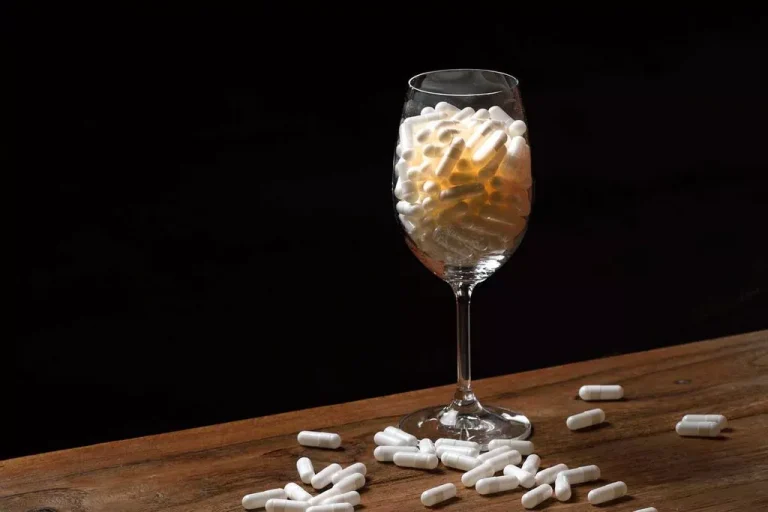
Fragmentary blackouts are episodes for which the drinker’s memory is spotty, with “islands” of memory providing some insight into what transpired, and for which more recall usually is possible if the drinker is cued by others. Blackouts are much more common among social drinkers than previously assumed and should be viewed as a potential consequence of acute intoxication regardless of age or whether one is clinically dependent upon alcohol. In a similar study, Ryback (1970) examined the impact diabetes and alcohol blackouts of alcohol on memory in seven hospitalized alcoholics given access to alcohol over the course of several days. Blackouts occurred in five of the seven subjects, as evidenced by an inability to recall salient events that occurred while drinking the day before (e.g., one subject could not recall preparing to hit another over the head with a chair). Estimates of BAC levels during blackout periods suggested that they often began at levels around 0.20 percent and as low as 0.14 percent.
- This is known as insulin resistance and can cause blood sugar levels to become abnormally high (hyperglycemia).
- For more information about our products in your region please see our list of international locations.
- As a result, those patients frequently have very low blood sugar levels (although some people with alcoholic ketoacidosis have very high blood sugar levels, because the lack of insulin prevents glucose uptake from the blood into the tissues).
- They may seem articulate because most parts of the brain are alcohol-tolerant.
- Reduction of LDL cholesterol decreases a person’s likelihood of suffering a heart attack or stroke.
Blackouts Among Social Drinkers
In other words, perhaps their prior exposure to alcohol damaged the brain in a way that predisposed them to experiencing future memory impairments. This latter possibility is made more likely by recent evidence that students who engage in repeated episodes of heavy, or binge, drinking are more likely than other students to exhibit memory impairments when they are intoxicated (Weissenborn and Duka 2000). Similar results have been observed in animal studies (White et al. 2000a).
- Initial research in the 1950s reported that such blackouts are a hallmark of progressive alcoholism [2,3].
- Be sure to eat a meal or snack containing carbohydrates if you are going to drink alcohol.
- The implication is that, for example, a person might be sober during an episode such as a conversation with someone, but then if this is followed by binge drinking this conversation might not be remembered even though there was no alcohol on board at the time.
- Estimates of BAC levels during blackout periods suggested that they often began at levels around 0.20 percent and as low as 0.14 percent.
- Similar results have been observed in animal studies (White et al. 2000a).
Are some people more prone to blackouts?
Alcohol intake significantly increases the risk of hypoglycemia (low blood sugar levels). If your diabetes is already well under control, a moderate amount of alcohol may be fine either before, during or soon after a meal. A blackout refers to a loss of consciousness or complete or partial memory loss. Possible causes of blackouts include epilepsy and drinking a large volume of alcohol. Regardless of age, recent studies show more frequent blackout experiences are related to an increase in memory lapse and cognitive difficulties even after alcohol misuse is corrected.
Learn more about continuous glucose monitoring
We strive to create content that is clear, concise, and easy to understand. It acts by inducing an unpleasant physical response (e.g., nausea and vomiting) after alcohol consumption. Drinking is individualized and there’s no universal rule for how to do it safely when you live with diabetes. Talk to your doctor about your drinking habits and they can provide you with tips and tricks for how drink in a way that works for you.

Despite advances in human neuroimaging techniques, animal models remain absolutely essential in the study of mechanisms underlying alcohol-induced memory impairments. Hopefully, future work will reveal more regarding the ways in which the effects of alcohol on multiple transmitter systems interact to disrupt memory formation. Nevertheless, memory formation and retrieval are also influenced by other cognitive https://ecosoberhouse.com/ factors such as attention and motivation [39]. Some studies suggest that alcohol may have detrimental effects on certain aspects of retrieval [2]. A recent animal research paper showed that alcohol can cause retrograde memory impairments. Rats were allowed to learn while sober, but if that learning was followed by a very high dose of alcohol, then the next day or two they showed severe memory impairment.
Treatment for Alcohol Addiction

In humans, hippocampal damage results in profound impairments in episodic memory with relative preservation of other functions in a way that is remarkably similar to an episode of an alcoholic blackout [10,31,33]. Although prevalence rates were typically around50%, one study reported a prevalence rate of only about 20%;however, this was a qualitative study examining how university students definebinge drinking (Clinkinbeard and Johnson,2013). As such, participants were not directly asked whether they hadexperienced an alcohol-induced blackout, but rather participants were asked todescribe binge drinking and then researchers categorized whether the responsesdescribed alcohol-induced blackouts.
